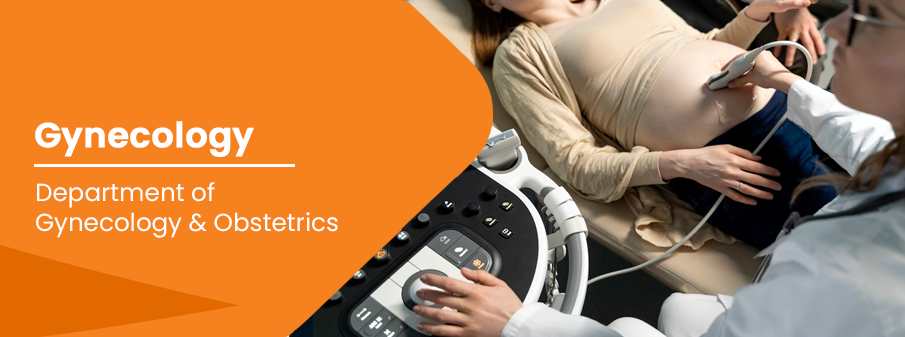Gynecology is a medical specialty that focuses on the health of the female reproductive system, including the uterus, ovaries, and vagina. Gynecologists are medical doctors who have completed specialized training in the diagnosis and treatment of conditions affecting the female reproductive system.
Gynecologists provide a range of preventive and diagnostic care services, including annual exams and screenings, contraception counseling, and management of menopause. They may also diagnose and treat conditions such as abnormal bleeding, infertility, and sexually transmitted infections. Gynecologists may perform surgery, such as hysterectomy (removal of the uterus) and laparoscopy (minimally invasive surgery using a camera to view the inside of the body).
Gynecologists work with patients of all ages, from adolescents to older adults. If you are experiencing symptoms related to your reproductive health or have questions about your gynecological health, it is a good idea to see a gynecologist for evaluation and treatment.
There are several situations in which it may be beneficial to see a gynecologist, a medical doctor who specializes in the health of the female reproductive system. Some common reasons to see a gynecologist include:
These are just a few examples of situations in which it may be helpful to see a gynecologist. If you have concerns about your reproductive health or have questions about your gynecological health, it is always a good idea to speak with a healthcare professional.
